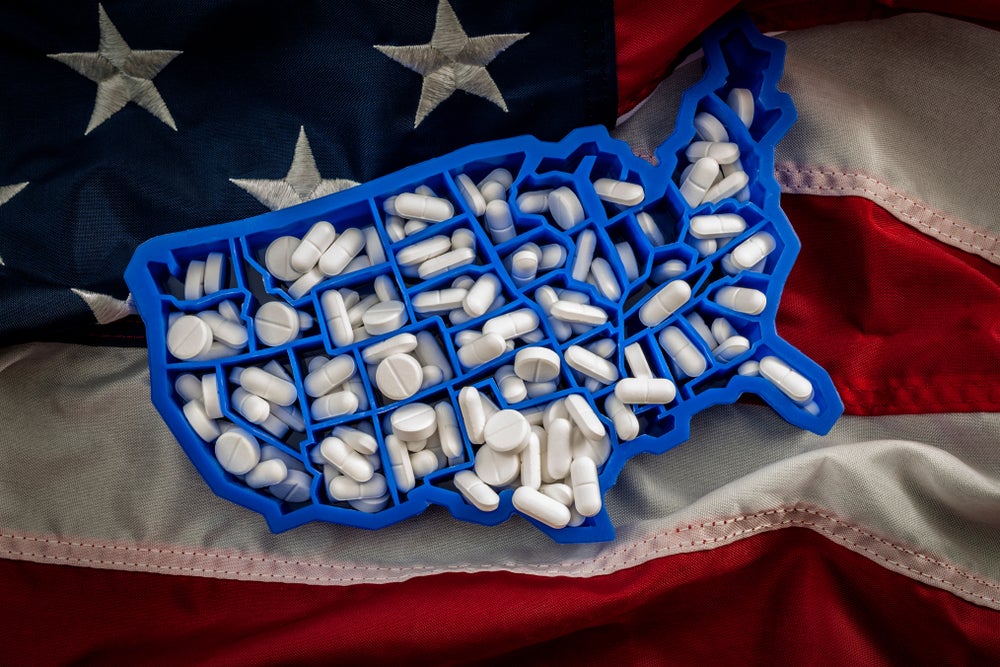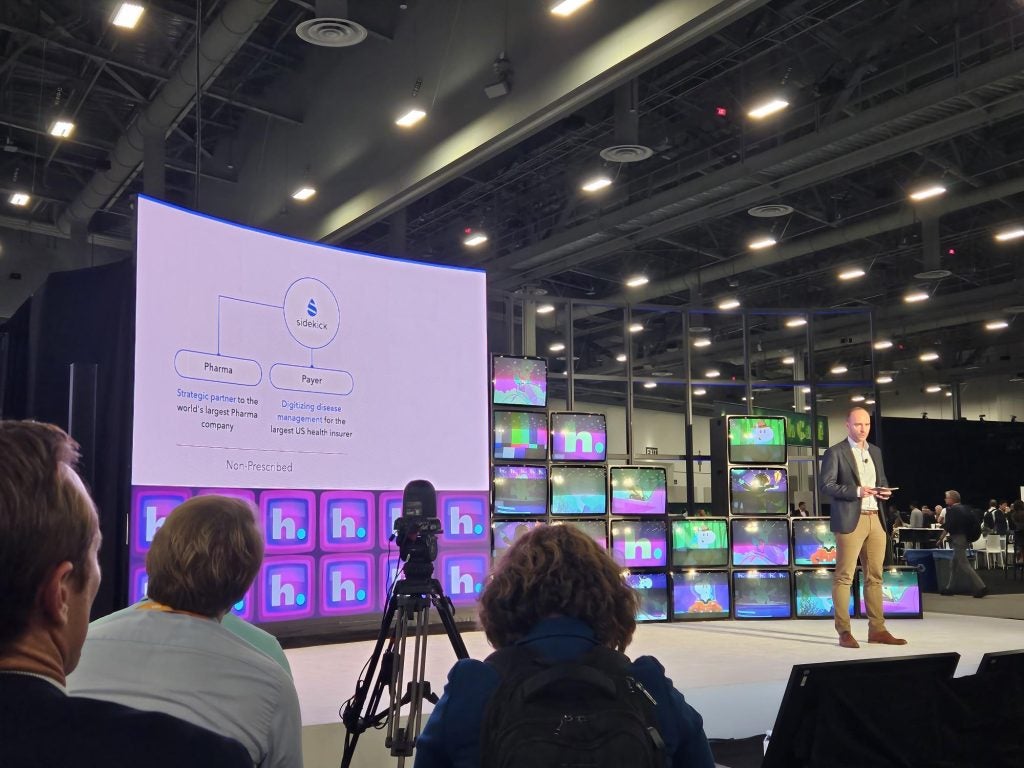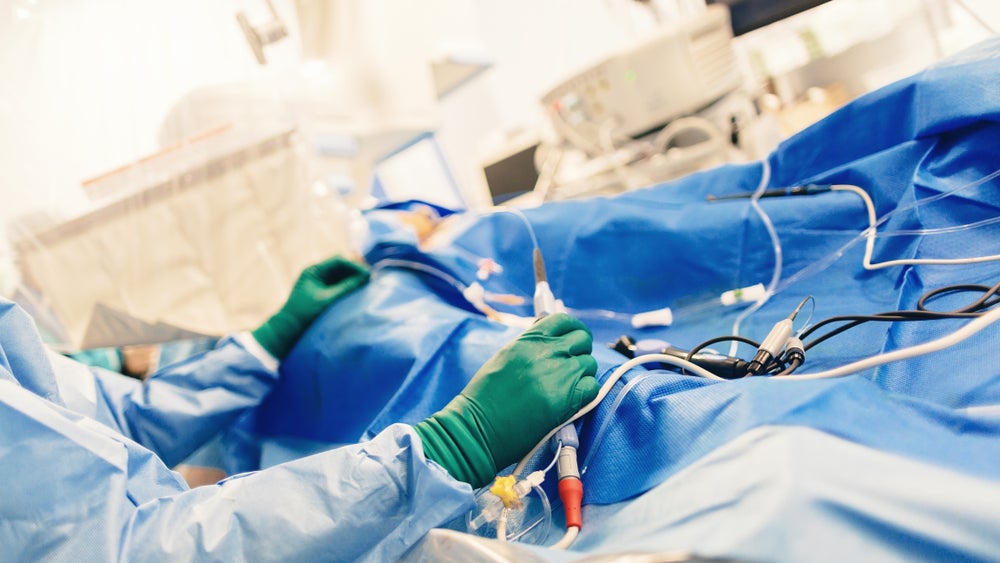Sweden-based pharmaceutical company Orexo has shared data from its recent study evaluating the effectiveness of MODIA, a web-based software program, in combination with the placement of drug under the tongue for the treatment of opioid use disorder (OUD).
The MODIA program informs patients on behavioural changes and arms them with techniques to cope with the challenges of day-to-day life.
The randomised, open-label, parallel-group study enrolled 437 patients between the ages of 18 and 65 across 36 centers in the US, who voluntarily requested treatment for OUD. During the 24-week evaluation, patients were inducted and stabilised on buprenorphine/naloxone, with the endpoint defined as having ≥80% of urine drug tests negative for illicit opioids and negative self-reports for illicit opioid use during the final 20-week study.
Similar completion rates were recorded between the background study care (BSC) group (55%) and the MODIA group (52%), along with similar treatment response rates (32% for BSC, 31% for MODIA). Exceeding results from previous trials of long-acting injectable buprenorphine.
Nikolaj Sørensen, CEO of Orexo, said: “This study had a surprisingly positive treatment outcome in both arms compared to previous studies with similar designs and care as usual. To meet the requirements of the authorities of weekly tests for illicit drugs, our study compensated patients for attending weekly visits, which does not reflect typical care for OUD. Both frequent medication visits and compensation to patients can improve treatment response rates. For MODIA we saw indications that the benefits from the therapy increased with completion of the entire program, and we remain enthusiastic about the potential for MODIA to support patients with OUD in their recovery journey."
Orexo plans to continue commercializing MODIA as a mobile medical device under US Food and Drug Administration (FDA) enforcement. Serving as a supportive resource for patients undergoing clinician-directed treatment.
Results from the trial indicate a combination of regular interactions with healthcare providers and the completion of the MODIA program provides promising results in OUD treatment.
















